Staff Editorial: grades need to reflect learning
October 27, 2014
Within the last year, Stillwater school district 834 has recommended that teachers do not issue extra credit for non-educational things such as tissue boxes and hand sanitizer. Even though this recommendation was made to teachers, some have decided to utilize the flip side of this request by taking points away for tardiness and truancy. Teachers should not be allowed to take points and give points for things that are not academically based.
A final grade is supposed to be representative of what a student has learned over a course of a semester or year. When colleges review a final transcript of a potential admittee, they are led to assume it is an accurate reflection of that student’s academic knowledge. So if a teacher gives a student five extra credit points for a box of tissues and that is the difference between an “A” and a “B”, the student could be admitted before another student that truly did earn their grade without being given non-educational extra credit.
When a student is tardy, that student often times has a reason. Some of those reasons can be valid and should not be punished academically. For example, during the winter, roads become slippery and driving becomes more difficult. With hundreds of students driving to school every morning, there are bound to be problems. A crash may occur or students may be driving extra cautiously and students should not be punished for being safer or unexpected difficulties.
If students are late for class, they are already punishing themselves and do not need a teacher to discipline them more. When a student is tardy or truant, they miss material that was learned when they were elsewhere and have to make it up or learn it on their own. If a student is constantly playing a game of catch up, this results in poor exam scores—less points—instead of the teacher marking off points just because.
Although, how a student enters a classroom after being tardy can affect other student’s focus which changes how and if a student should be punished. If a student enters a classroom late and disrupts other students or the teacher, that can be detrimental to other’s final grades. The tardy student still should not have points taken off, but possibly punished in a different way such as detention.
One or two tardies or truancies in a quarter should not be taken too seriously, but if it is a consistent issue with a student, attending class on time, other actions must be taken. Teachers should assign simple punishments if a student is tardy every three or so times. If the student has to continuously partake in this punishment, then more serious actions must be made for the student to change habits and to create the ability of arriving on time.
Some students need extra guidance when it comes to attendance skills but they should not be punished academically for it nor should they be academically awarded for it unless it is displayed through educational material.


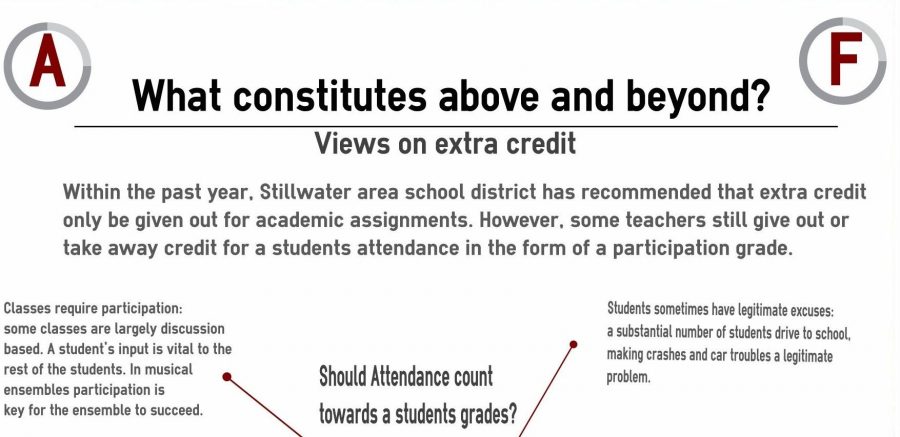
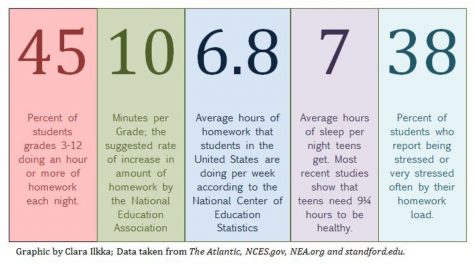

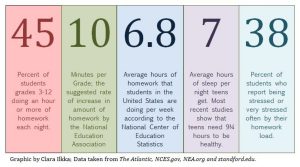


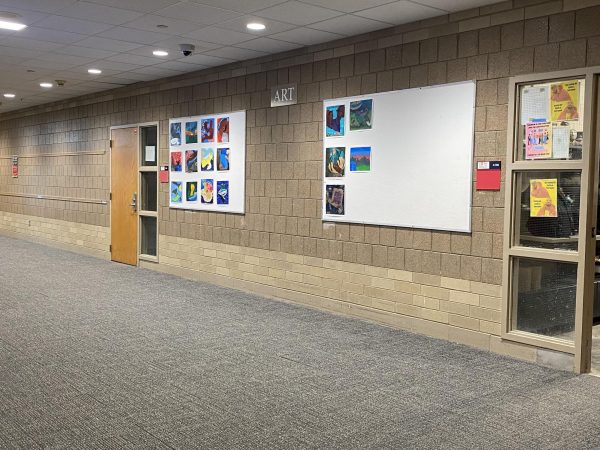




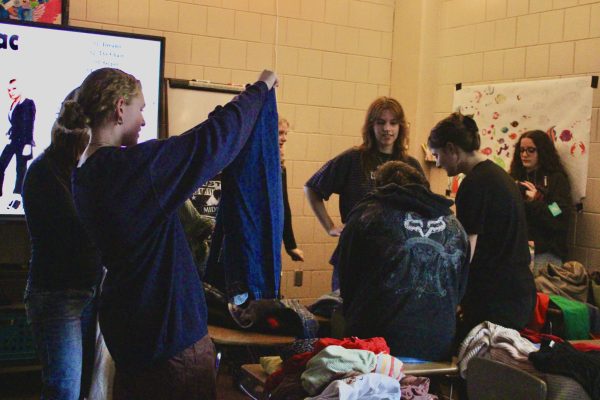



Ana Reding • Nov 10, 2014 at 12:23 pm
I liked your lead a lot. It has a strong position stated clearly. I know your opinion from the first sentence.
Sam Hudachek • Nov 10, 2014 at 11:22 am
This was an awesome opinion article! Issues were clearly stated and made perfect sense. Also, putting in some details on the other side of the story always makes it better. The infograph helped out a lot too.